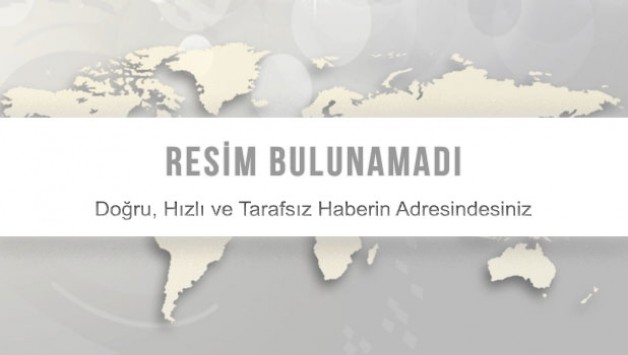Just how Hackers Are becoming Access to Facebook Accounts

Whether they’re exploiting folks that use weakly passwords or breaching Meta’s servers of stealing account passwords (as a few were found to be in 2019), online hackers are constantly on the lookout for solutions to gain access to personal information. This can take the kind of stealing a password, exploiting a downside in an software or web-site, or even hijacking a victim’s entire Facebook profile.
The most common indications of being hacked include alterations for the account that you just didn’t generate, messages or perhaps friend requests from strangers, links to applications you don’t use or have linked to the Facebook account, or within sign in towards the site. app-ink.net/how-to-reset-winsock-in-windows-10 Facebook also warns users of breaches that are potentially “deeper than your account and may impact others. ”
If you believe you’re a victim, gurus recommend confirming it for the site. You should keep track of the contact list, products you’ve logged in about, your activity and messages, and any other essential data you store via the internet — just like email accounts, credit cards, or business internet pages — and do not trust any one site to hold all that’s useful to you.
As if all that isn’t really enough, there are even apps and websites that let online hackers get your facts for free. The infographic below by TopTenSelect illustrates how these strategies work and what you can do to protect yourself against them. Apart from avoiding these tactics, there are some convenient things you can do to generate your Facebook or myspace accounts extra protected.
Benzer Haberler




















